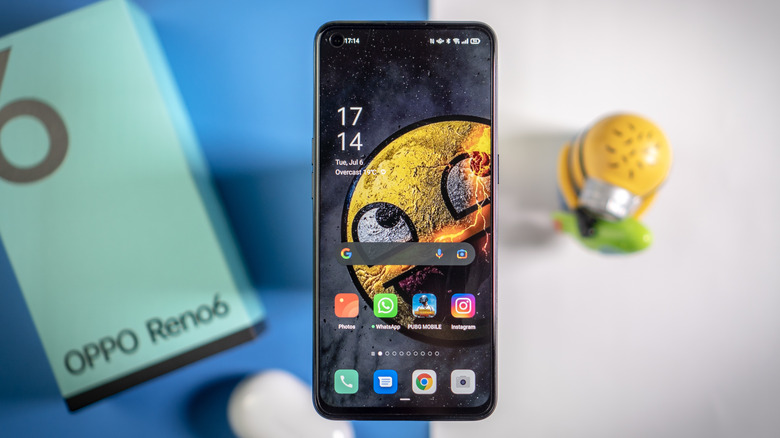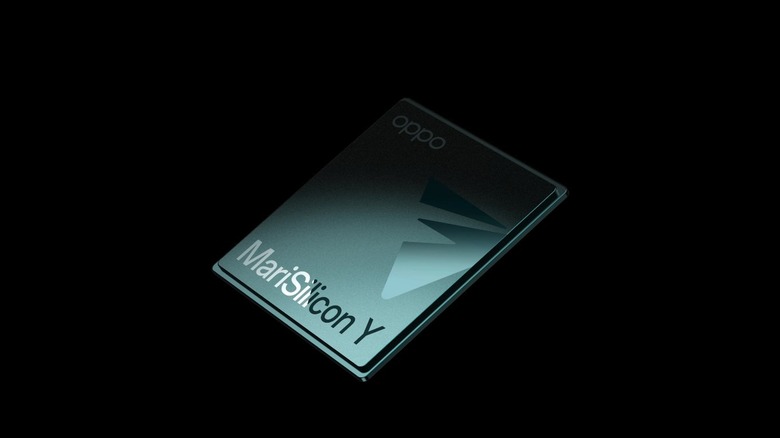It's The End Of The Road For OPPO's MariSilicon Custom Processors
Chinese smartphone maker OPPO is the newest tech company to have fallen victim to the ongoing global economic crisis. Less than two years after the company announced the MariSilicon X chip, its first self-developed chipset, OPPO is reportedly shutting down the entire division behind it.
According to an SCMP (South China Morning Post) report, the decision to shut down the "Zeku" chip-designing subsidiary was rather abrupt, and came as a shock to most employees — some only receiving less than a day's notice. LinkedIn posts from the company revealed that they were recruiting for new talent as recently as a month ago.
OPPO has confirmed these developments in an emailed statement to Android Authority, and has termed the decision a "difficult adjustment," necessary for "long-term development." The statement also confirms that the move was made in light of ongoing "uncertainties in the global economy and the smartphone industry."
There is no denying that the decision to scrap an entire division behind its self-developed processors is a blow to OPPO's (and China's) long-term goal of reducing their dependence on the U.S. Since the escalation of the trade war with the States, things have gotten extremely difficult for fabless chip design firms based out of China. While most of its operations centered around China, Zeku did have offices in other parts of the world, including the U.S. and Japan.
OPPO's MariSilicon chips looked promising
The first product to be designed by Zeku engineers was the MariSilicon X chip, which was officially announced in December 2021. The chipset — which would power the company's flagship Find X5 and Find X6 handsets — was based on a 6nm manufacturing process, and doubled up as the smartphone's NPU (Neural Processing Unit) and ISP (Image Signal Processor). This enabled phone features like real-time raw image processing and the AI-powered Night Video in 4K resolution. With a claimed performance of 18 trillion operations per second (tops), the Marisilcion X was no slouch either.
One year after the announcement of the MariSilicon X, OPPO came up with the MariSilicon Y chip at the company's 2022 Inno Day event. This was touted as an audio-focused SoC that enabled features like 24-bit/192kHz lossless audio via Bluetooth, and a claimed bandwidth of up to 12Mbps. As of drafting this article, OPPO seems to have already removed all references to the MariSilicon Y chip from its global website.
OPPO's decision to axe its entire semiconductor division comes around the same time the global smartphone industry is reeling under the effects of the worldwide economic slowdown. The slowdown has already resulted in declining smartphone shipments for all major smartphone brands, with the notable exception of Apple. OPPO's shipment figures fell by a significant 22% per the latest data from analytics firm IDC.

